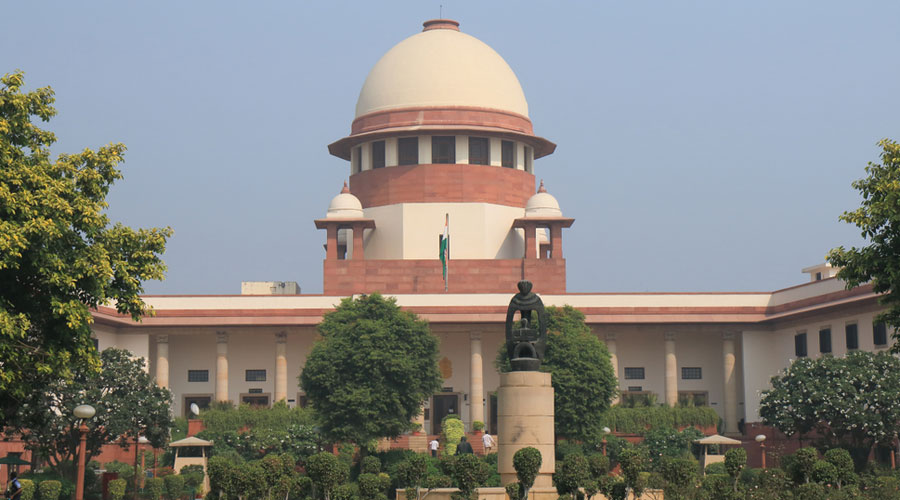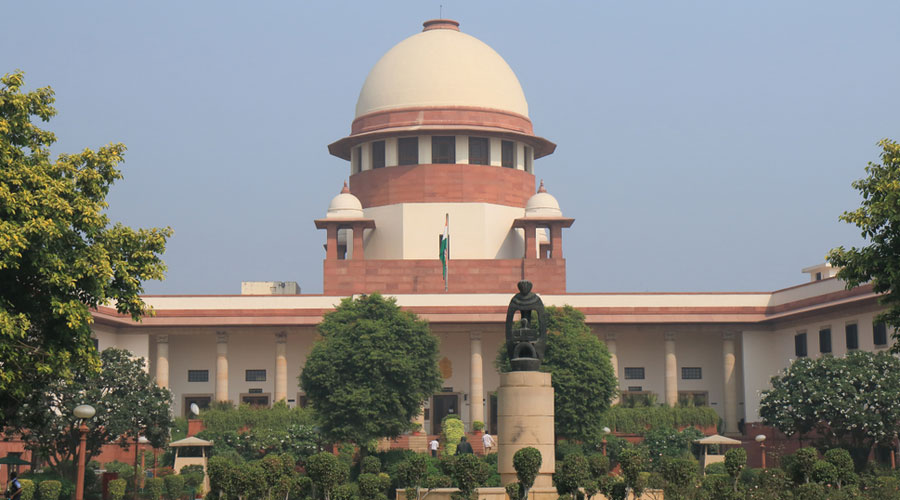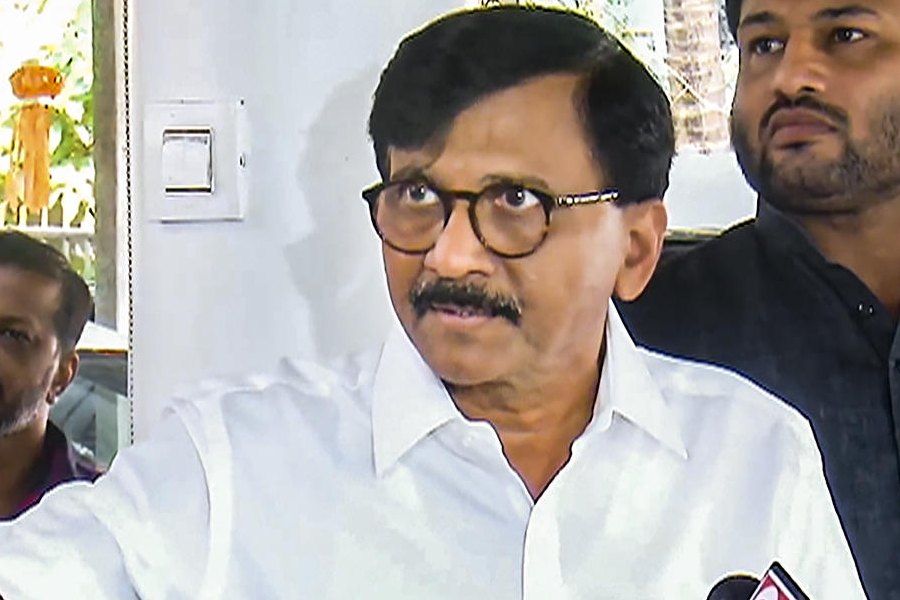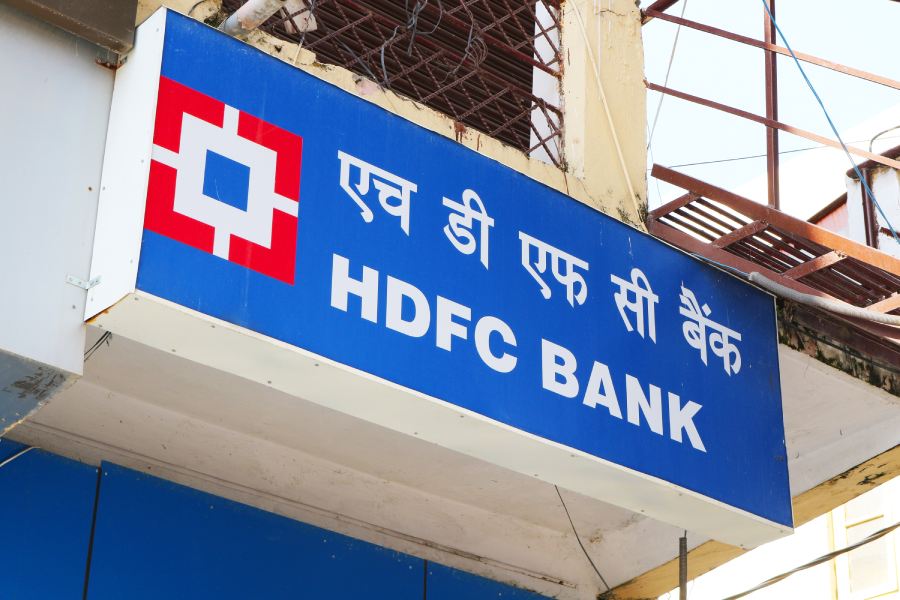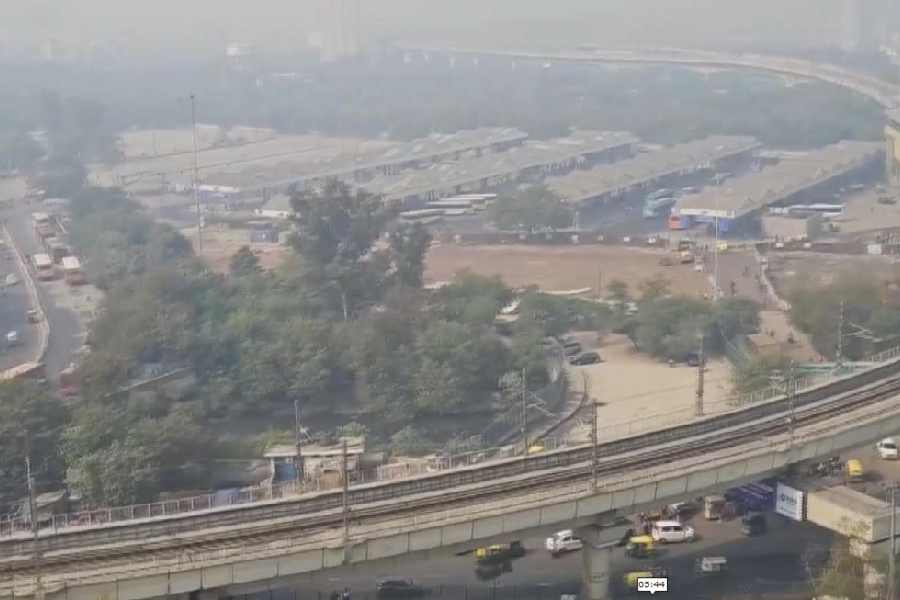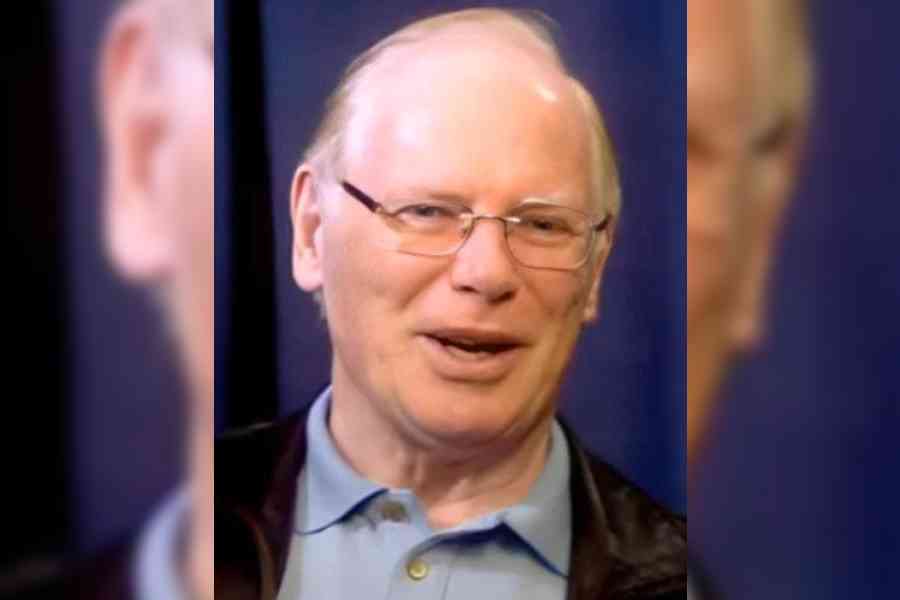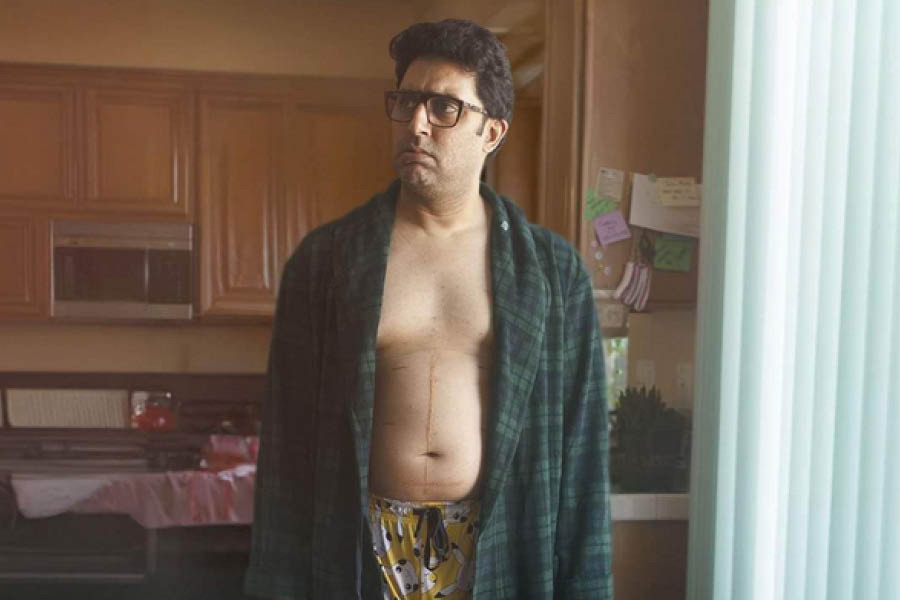The Supreme Court on Wednesday stayed the Maharashtra government’s policy of providing 16 per cent reservation to Marathas in jobs and education but made it clear it would not disturb those who have already received the benefits.
The court also decided to refer to a nine or 11-judge constitution bench the larger question of whether states can provide quotas in excess of the 50 per cent ceiling set by a nine-judge constitution bench in 1992.
A three-judge bench headed by Justice L. Nageswara Rao was on Wednesday hearing a batch of petitions challenging the Bombay High Court judgment of July 27, 2019, upholding the Maharashtra State Reservation of Seats (for admission in educational institutions in the state and for appointments to the posts in the public services under the state) for Socially and Educationally Backward Category Act, 2018, passed by the Assembly on November 29 that year granting reservation for Marathas.
The high court had, however, held that the reservation for the Maratha community should not exceed 12 per cent in jobs and 13 per cent in education, as had been recommended by the State Backward Classes Commission. The state government had fixed a 16 per cent quota in both jobs and education.
The petitioners had contented that the total reservation in Maharashtra was nearly 70 per cent now.
The 50 per cent threshold had been set by a nine-judge bench of the Supreme Court in the Indra Sawhney case in 1992 in the wake of the anti-Mandal Commission report protests during the then V.P. Singh regime. However, despite the apex court ruling, several states such as Maharashtra, Tamil Nadu and Telangana have overshot the quota ceiling.
On July 27 this year, the Maharashtra government had given an undertaking to the Supreme Court that the state would not make any job appointments under the Maratha reservation policy till September 15 as the court had indicated that it might refer to an 11-judge constitution bench the question whether states can exceed the 50 per cent ceiling.
The BJP in Maharashtra alleged after Wednesday’s ruling that the Shiv Sena-NCP-Congress government had not been “serious” about ensuring that the quota held its ground before the apex court.

